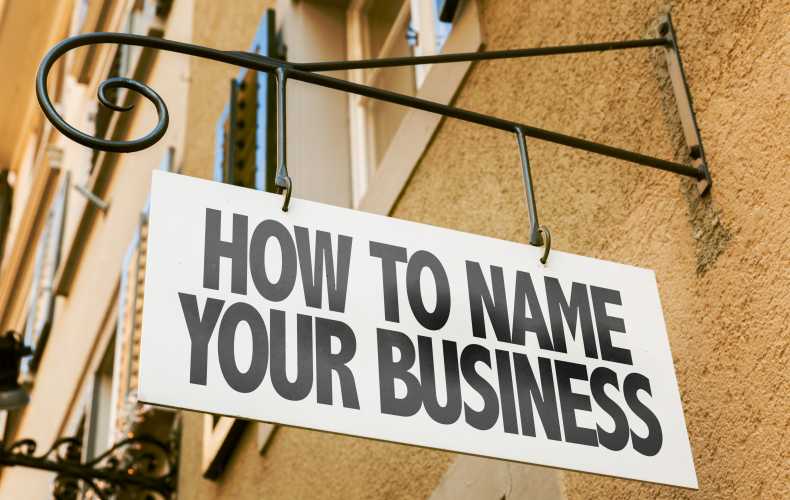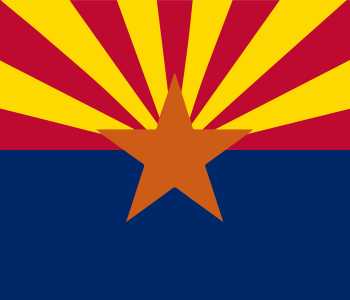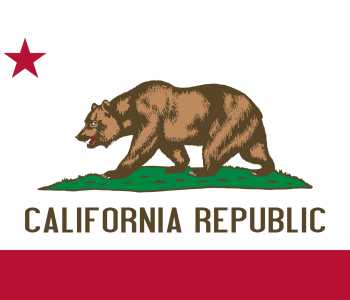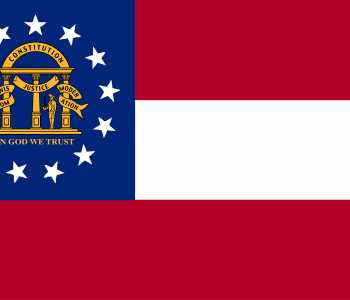How to Choose Your Business Name

Soon-to-be entrepreneurs can gain a distinct advantage over the competition by understanding how a great business name promotes success.
Your business name will play a big part in how clients or consumers relate to your brand. A brand provides tangible value to a business. You can build that value by increasing the recognition and loyalty associated with your business name.
By putting careful consideration into the naming of your enterprise, you can leverage your business name for all its worth. You'll also have to protect that name.
What's in a Name?
The Alphabet brand - or Google as its more commonly known - is worth $286 billion. The Google name is so widely embraced that most consumers don't search for information with a search engine. They "google" it. Google executives created the ideal mix of delivering an exceptional, popular service that's unique and memorable.
Tech companies seemed to have perfected the art of creating business names. The only companies among the top 10 valued brands in the world that aren't tech firms are McDonald's, Marlboro and Visa.
It's natural for people to scan their surroundings and quickly come up with an opinion. In a mere 10 seconds, consumers form an impression about your brand.
Your business name is the first thing that customers will notice about your enterprise. It's essential to make that impression count. Even after choosing a great business name, you have to present it appealingly.
Your Name in Shining Lights
Owning a business is a source of pride. Your business name is the most visible part of your enterprise. Many entrepreneurs consider using their name to identify their business. Research results are mixed, however, on whether that's a good idea.
One study shows that using an owner's name as part of a business moniker improves brand value. Another shows that doing so diminishes it.
If your name has value in the community, then the choice is obvious because it will help to boost your brand image. For lawyers and entertainers, for example, their name is their brand. If this isn't the case in your field or industry, however, you may want to follow the example of many before you and create a name that will allow your business to have its own identity.
Still, small business owners can learn a thing or two from the entertainment industry. Even though consumers identify entertainers by their name, many of those names are fictitious - and the results speak volumes.
Entertainers get it. They understand that the right business name can mean the difference between success and failure.
Today, William Broad (Billy Idol) is worth $50 million, Dana Owens (Queen Latifah) is worth $60 million and Cherilyn Sarkisian (Cher) is worth a whopping $320 million.
Some entrepreneurs have followed the example of the world's elite entertainers splendidly. Take Ralph Lifshitz, for instance. It's highly likely that you've spent a decent amount of money on his brand. Today, he's known around the world as Ralph Lauren.
Brainstorming Ideas for Business Names
When creating a business name, opt for a clear and concise moniker. A business name that's hard to pronounce or remember will make it difficult to build value for your brand. You don't want a name that you'll have to explain repeatedly. You'll have enough responsibilities. There's no need to add more.
Yes. Companies such as Google, Yahoo and Zappos now have phenomenal brand recognition. However, those names didn't catch on with consumers simply due to exemplary service and exceptional product offerings.
These companies spent millions of dollars to transform their brands from words the once had little or no meaning to consumers into household names. The more ambiguous your business name, the more it will cost to make it mean something in the minds of consumers.
Once you've come up with a name that you like, search for it on the internet. You may put much thought into coming up with a name for your business, but someone else has likely thought of it first.
If you've found a name that no one else is using, ask yourself if it's catchy. Also, you'll need to choose a name that's interesting but not too exotic. It's tough, but you'll have to find a balance between "not boring" and "not weird."
It helps to say the name out loud. Your customers will have to do so to tell other people about your business. You want to make sure that it sounds right. Also, customers and employees should have no trouble pronouncing and remembering your business name.
Now that you've settled on a name that you like, it's time to see if other people like it. Start by getting the opinion of friends, family members and professional peers.
If a name passes the gauntlet of your inner circle, test it using a consumer panel such as AYTM or GutCheck. You want to make sure that consumers don't associate the name with anything negative. A lot goes on in the world. Something that has a negative connotation in a small pocket of America could put a black eye on the reputation of your brand across the whole nation.
If you have problems coming up with the business name on your own, there are plenty of online resources to help, such as Visual Thesaurus, Name Mesh, and Naminum. As long as you're in business, you'll use your new name, so however you choose it, make sure you like it as well.
Also, don't limit yourself by choosing a name that's too specific. For example, a name such as ABC T-Shirt Company will make it harder for you to expand your offering to pants and shoes later.
Registering Your Business Name
Once a name has cleared all hurdles, you'll want to bring your attorney into the loop to begin the registration process. An attorney will make sure that the name you choose is in no way entangled with another entity - a problem that could lead to big trouble before you've had a chance to make a profit. Once you've settled on a name, there are several ways that you should register it.
The Entity Name
The entity name registration protects your business in the state that you'll operate. Depending on your business structure and location, the state may require that you register the name of your business. Each state has varying registration rules.
Most states won't allow you to use a name that's already registered by another business owner. Some require that your business name represents your field or industry. In most cases, state registration protects your business name, but there are exceptions.
Trademark Registration
Trademark registration protects your business name across the entire United States. It prevents competing businesses from using your brand value for their profit. For example, there are many stories of major corporations such as McDonald's taking small restaurant owners to court for using color and naming schemes that exploit the popularity of the franchise.
Trademark infringement fines are hefty. Accordingly, you should check the United States Patent and Trademark Office website to make sure that the name you want is available.
The DBA Name
A "doing business as" (DBA) name is a fictitious designation used to conduct commerce. It protects your business name in the city, state and county of your enterprise.
A DBA name doesn't necessarily provide protection, but municipalities use it to prevent business owners from operating under the same or similar name in your town. A DBA name does, however, entitle you to apply for an employer ID number (EIN) and open a bank account. If your municipality does not require DBA registration, you may still want to register to prevent any confusion.
Domain Name Registration
Even if you don't plan to use it right away, you should register your domain name. Domain squatting is an illegal cottage industry, where profiteers secure unregistered business domain names hoping that an enterprise will one day grow big enough to want to set up a website. When that day arrives, the unscrupulous profiteers hope that the company is willing to pay an exorbitant fee to buy their own online domain name.
Domain registration typically costs $5 to $10. Buying a domain from a squatter can cost $3,000, $10,000 or more. Alternatively, there are legitimate companies that sell domain names, but the prices for good names are typically just as high.
Domain squatting is a federal crime, but that doesn't stop some malicious actors. You can save yourself from inconvenience and legal costs in the future by registering your domain name now.
The .com TLD is the commercial designation for internet websites. At the very least, register your .com top level domain (TLD), and try to stay away from naming your off-line business after a TLD that's already in use.
For businesses, other TLDs - such as .net, .org and .biz - don't carry as much weight. Noncommercial TLDs don't look professional in the eyes of potential clients or consumers. Unfortunately, the only people who benefit from registering lesser-known TLDs are domain squatters.
Malicious actors also sometimes register the name of popular websites using a noncommercial TLD and then clone the site to phish for information from unwitting consumers. Unfortunately, this activity can hurt your brand even though you didn't have anything to do with it, so you may also want to register noncommercial extensions as soon as funds come available.
Don't Take Chances With Your Brand!
Many entrepreneurs believe that coming up with a name is the easiest part of starting a business. In reality, a business name means a lot.
At worst, failure to perform due diligence before publicly using a business name can lead to a lengthy court battle and eat up a hefty part of operating capital. You may even lose the right to operate your business under that name.
Some entrepreneurs have operated an enterprise for years only to have the courts compel them to surrender their business name because someone else has a legal right to it. You can avoid this scenario by taking the right precautions before you open your doors.
Finally, think about the long-term viability of your business name and how your business history can relate to your brand. Consumers love a good story. If you need proof, visit any well-known business website and navigate to the "About" page. If you craft it carefully, you can use your company info page to tell a story that will make consumers and clients feel good about patronizing your brand.






